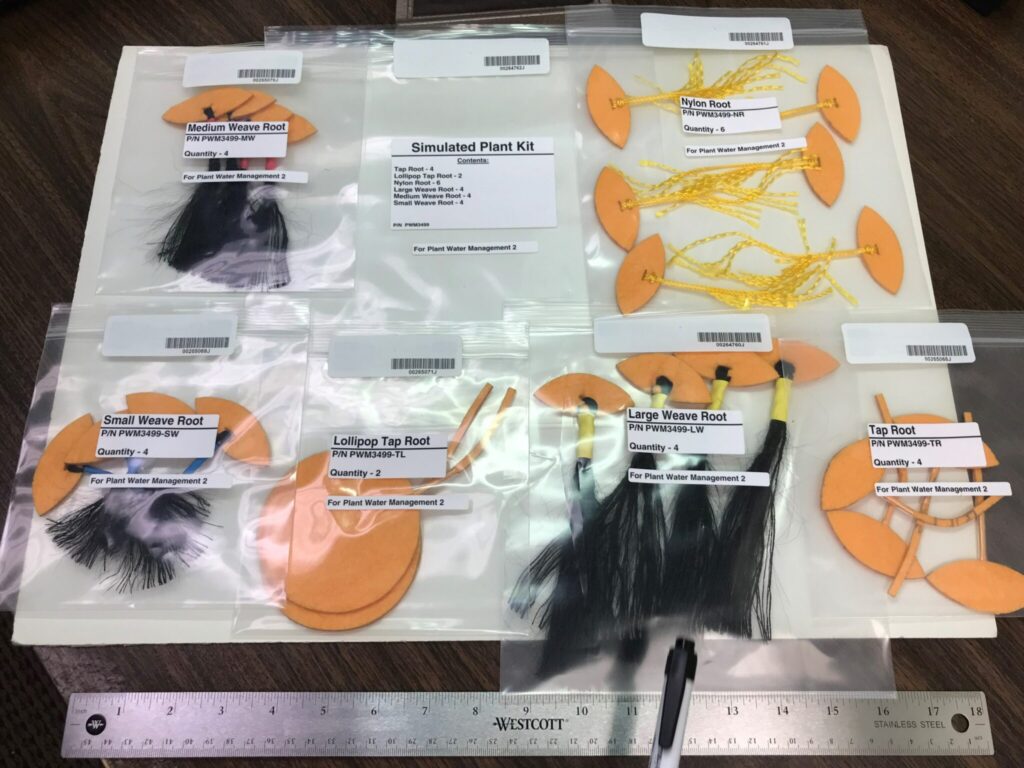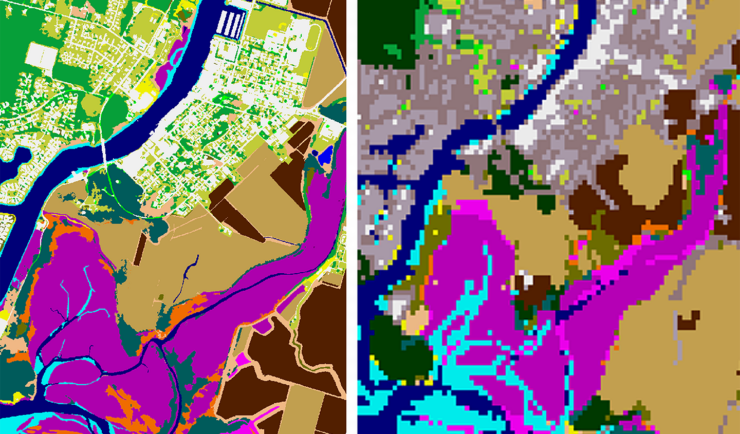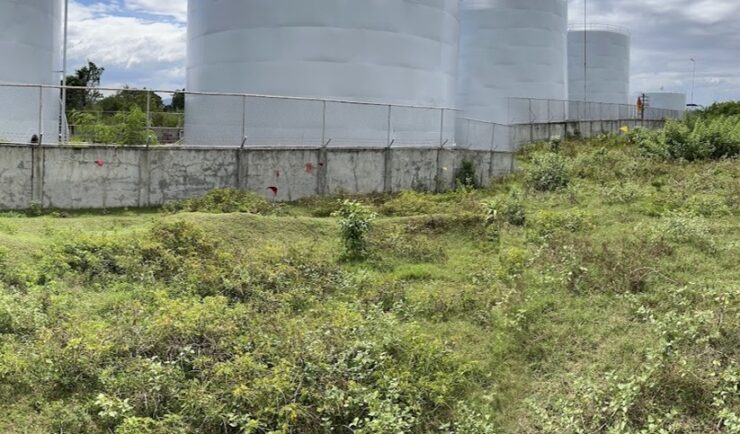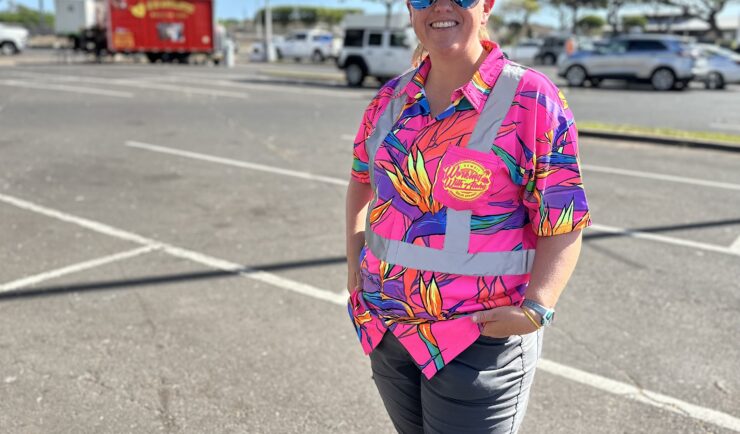- Success Stories
- Space Science Application Support & Operations
Astronauts Conduct Latest Plant Water Management on the International Space Station

NASA recently performed the sixth iteration of the CSS-supported Plant Water Management experiment on the International Space Station (ISS). Plant Water Management is a series of technology demonstrations focused on developing a capability for crop irrigation and nutrient delivery in various microgravity environments. NASA’s ISS Research Program selected CSS through its Research, Engineering, Mission, Integration Services (REMIS) contract to serve as the prime contractor for performing all mission integration and operations for the plant water management system. CSS’ role as the integrator and project manager for this effort includes designing, testing and manifesting the hardware, processing all safety related items, coordinating procedures, turning over the hardware to NASA for delivery to the International Space Station, and supporting real-time experiment operations on ISS.
The experiment payload, which includes a hydroponic system powered by a pump, a variety of induced perturbations, and synthetic plants that mimic various plant root systems, has been delivered to the International Space Station where the crew of Boeing astronauts currently resides. The crew volunteered to support this science experiment testing the hydroponic process of growing plants in their intended microgravity environment.

Although the astronauts volunteering to run the experiment admit they were first skeptical about running a hydroponic system with artificial plants, they then realized the value in testing the system. After running the operation for three days, they expressed amazement in the complex science needed to pump water through the system.
See More CSS Insights

New Heavily Desired High Resolution Land Cover Data for the U.S.
The National Oceanic and Atmospheric Administration recently announced the launch of the long desired high-resolution coastal land cover data. This highly anticipated data are available for most coastal areas of the U.S., including Alaska and the U.S. territories. CSS employee owners contributed to the release of this data set by participating in production activities and…

Diesel Leak Remediation
Our employee owners have been supporting a remediation project in the Philippines. Diesel fuel leaked from a storage tank and seeped into the groundwater and soil. Emergency measures were taken but clean-up was delayed due to COVID restrictions. After some of the more strict COVID restrictions were lifted, CSS scientists joined the environmental due diligence…

Assisting With Maui Wildfire Recovery
As part of our support to U.S. Environmental Protection Agency (EPA) Region 9 Superfund Technical Assessment & Response Team (START)—for which we are subcontracted through Weston Solutions, Inc.—CSS employee owners have been on-site in three-week rotations to assist throughout the rigorous recovery process.
